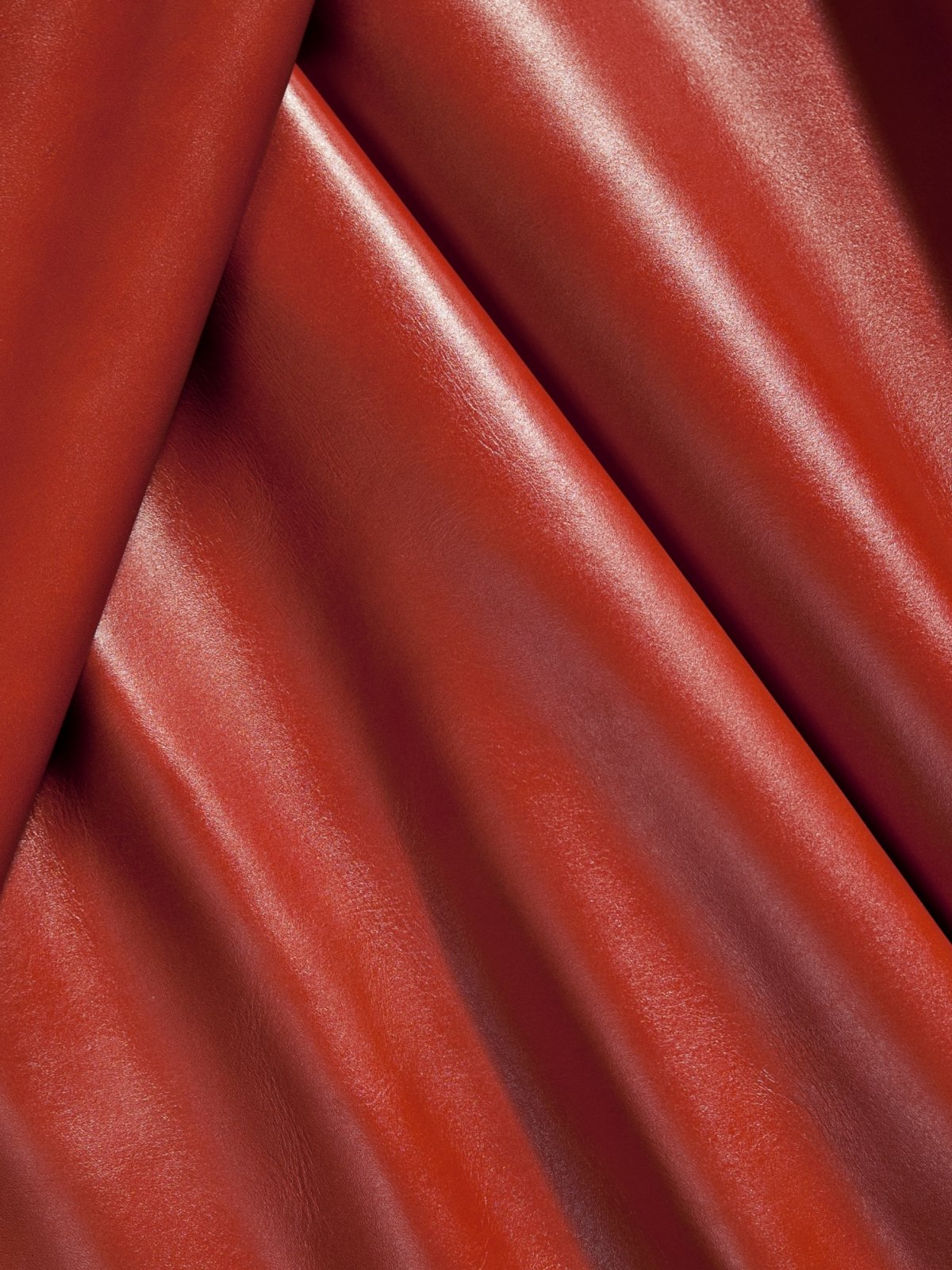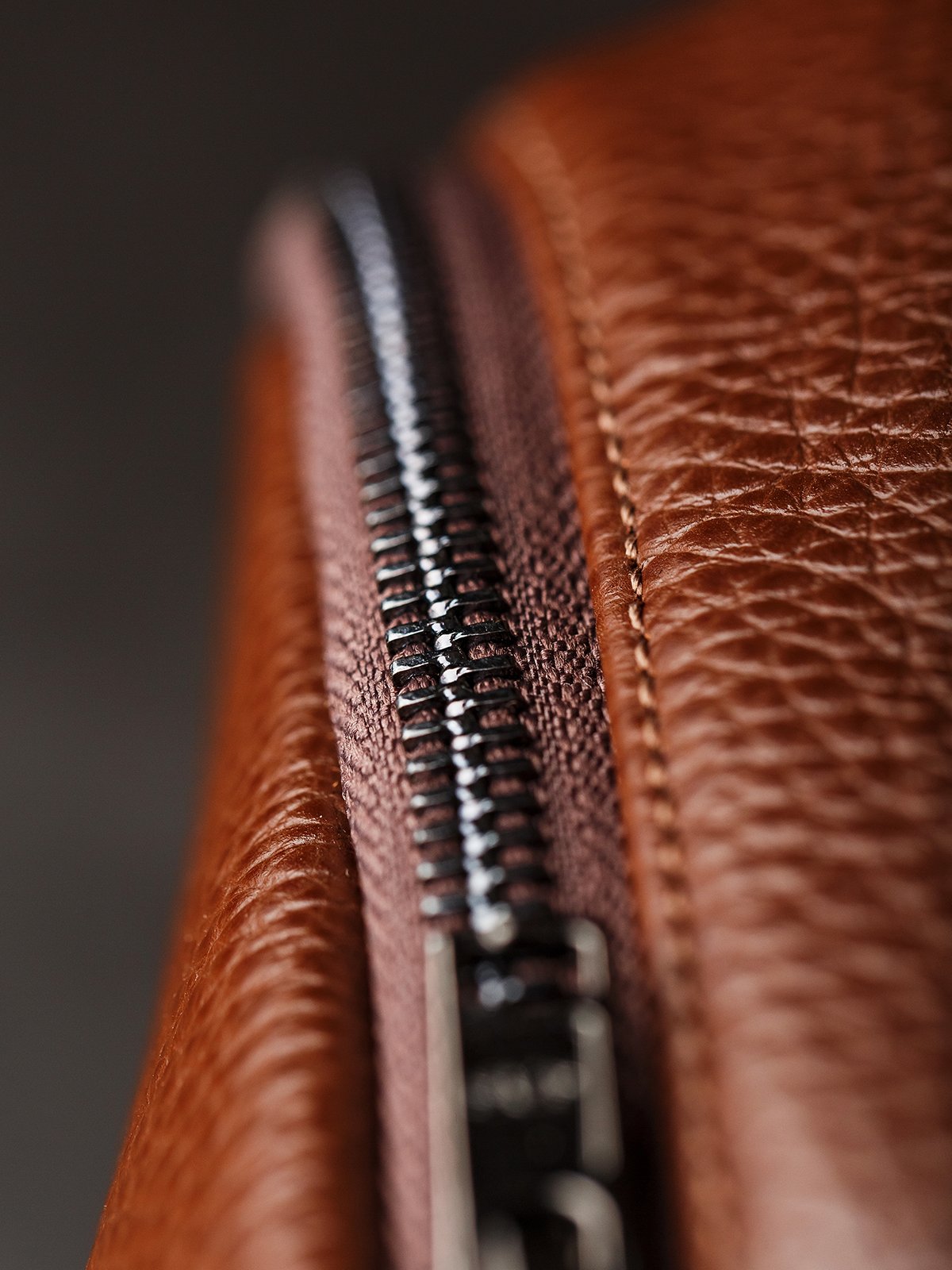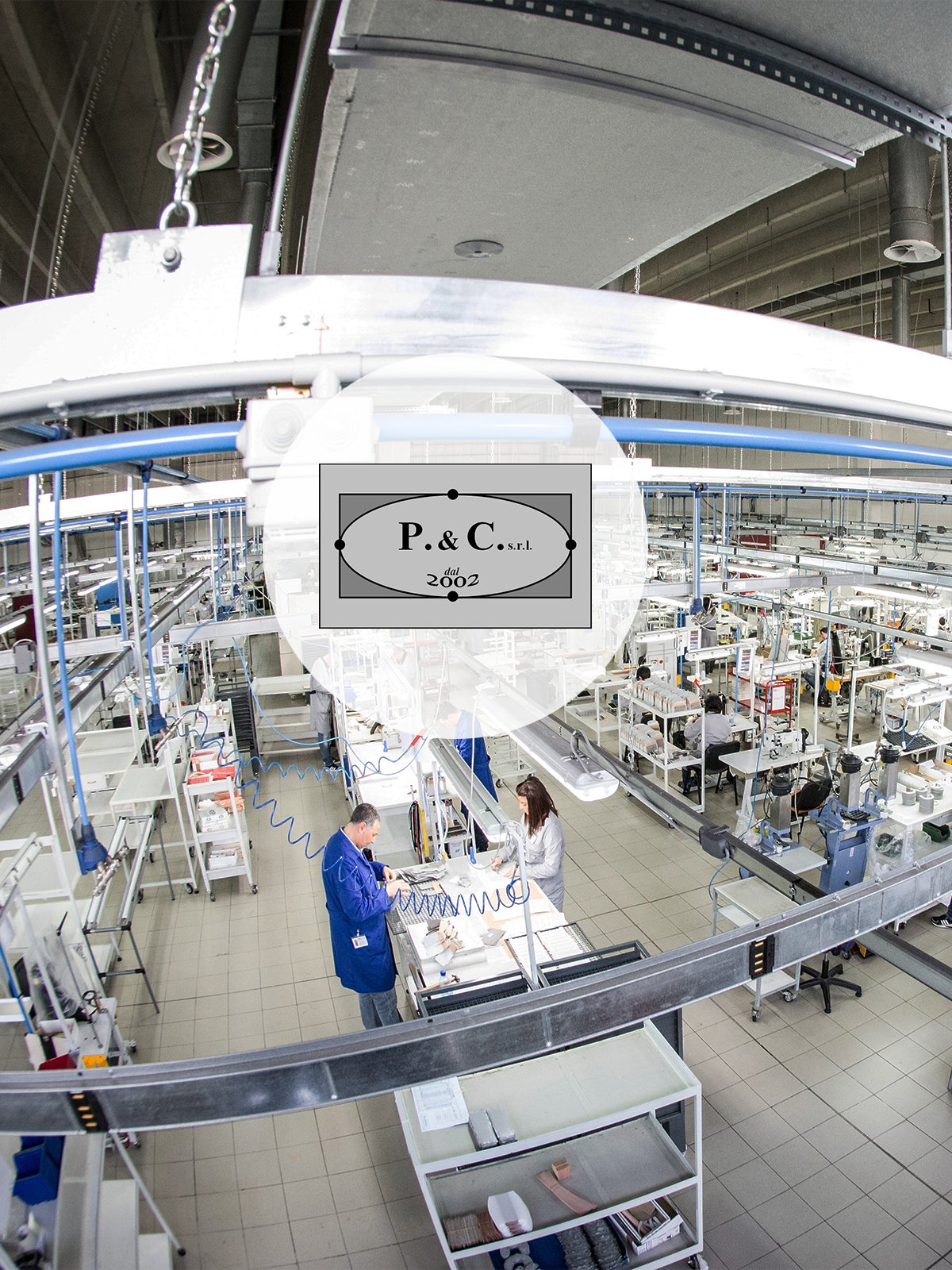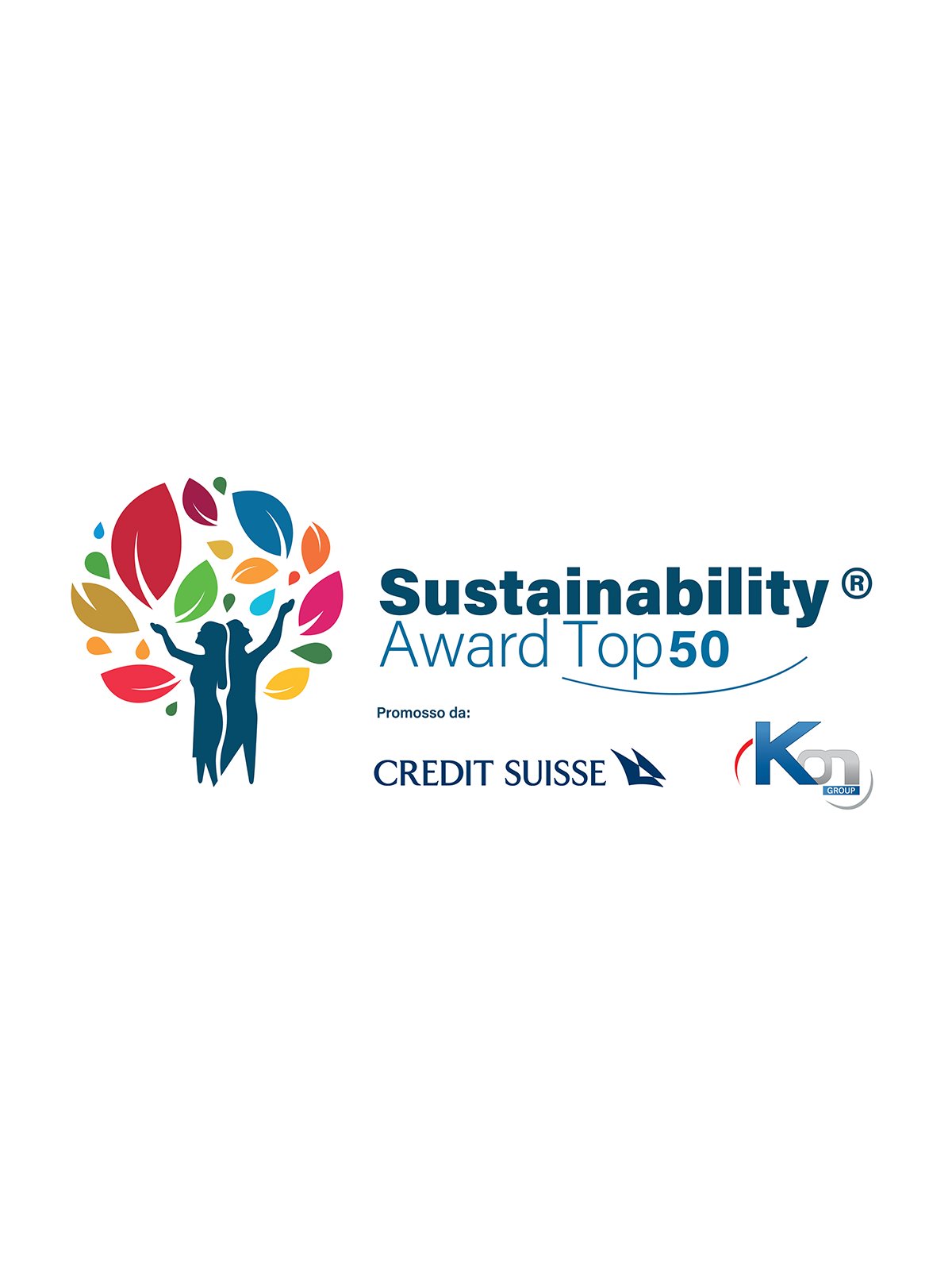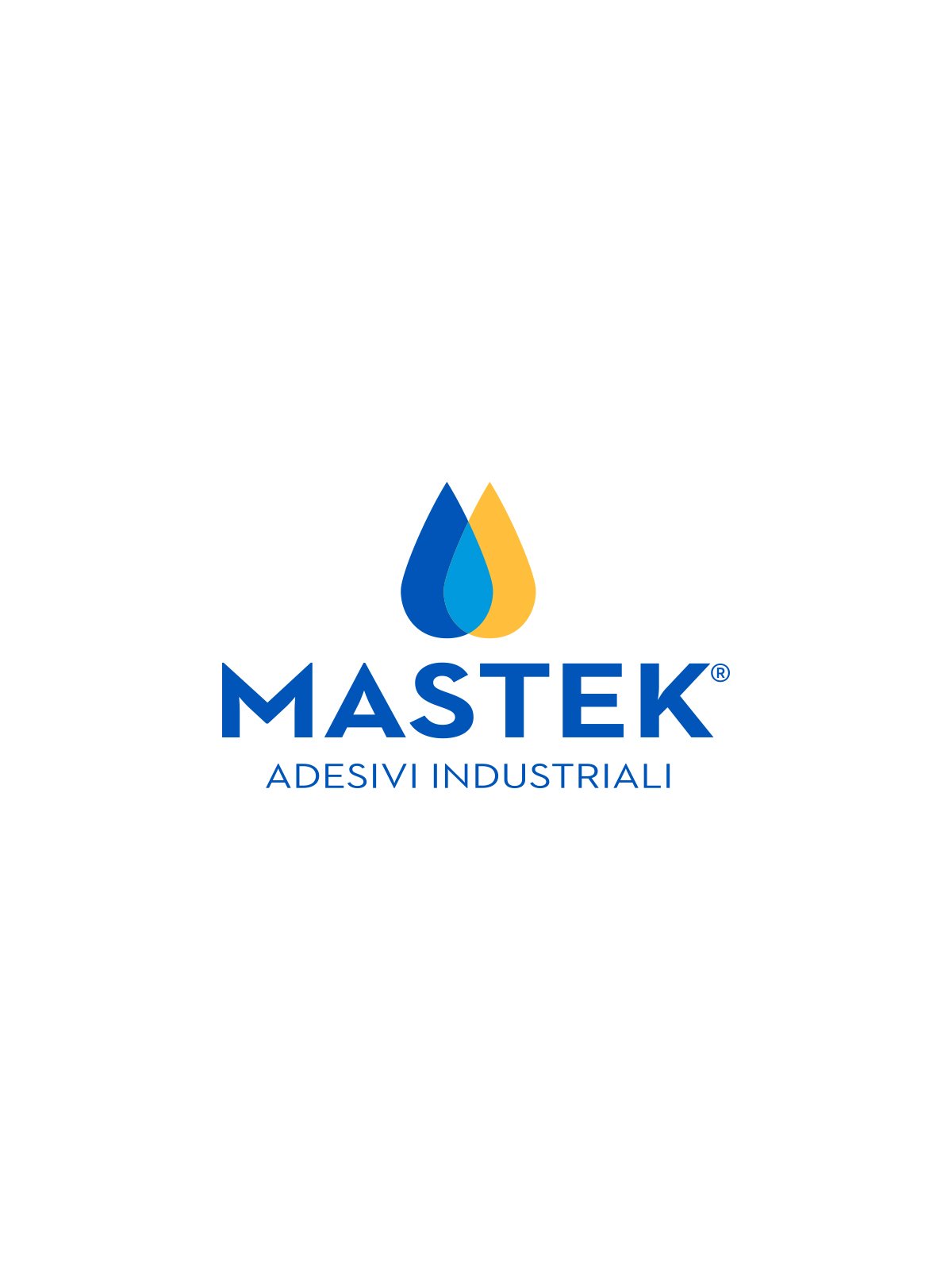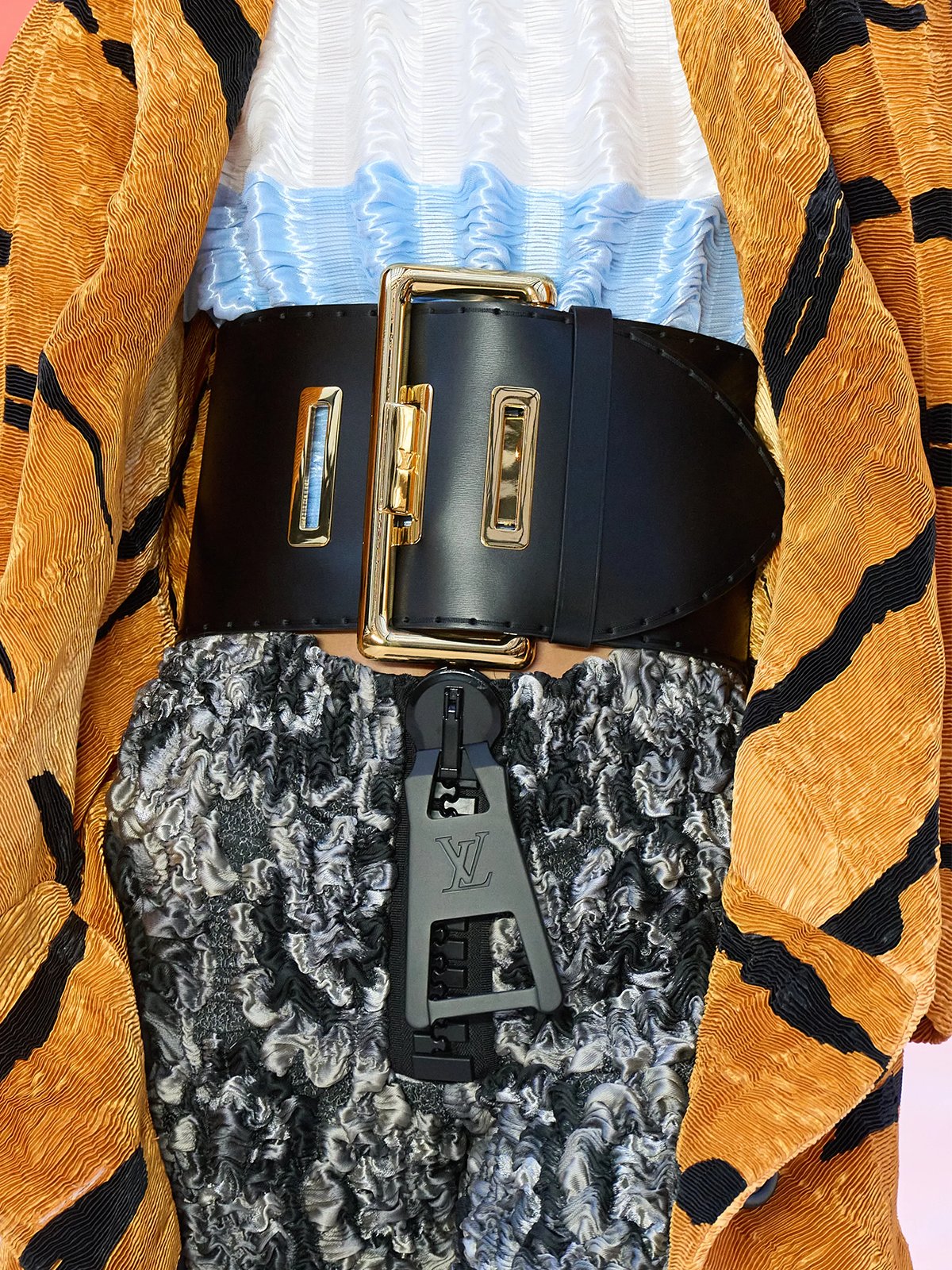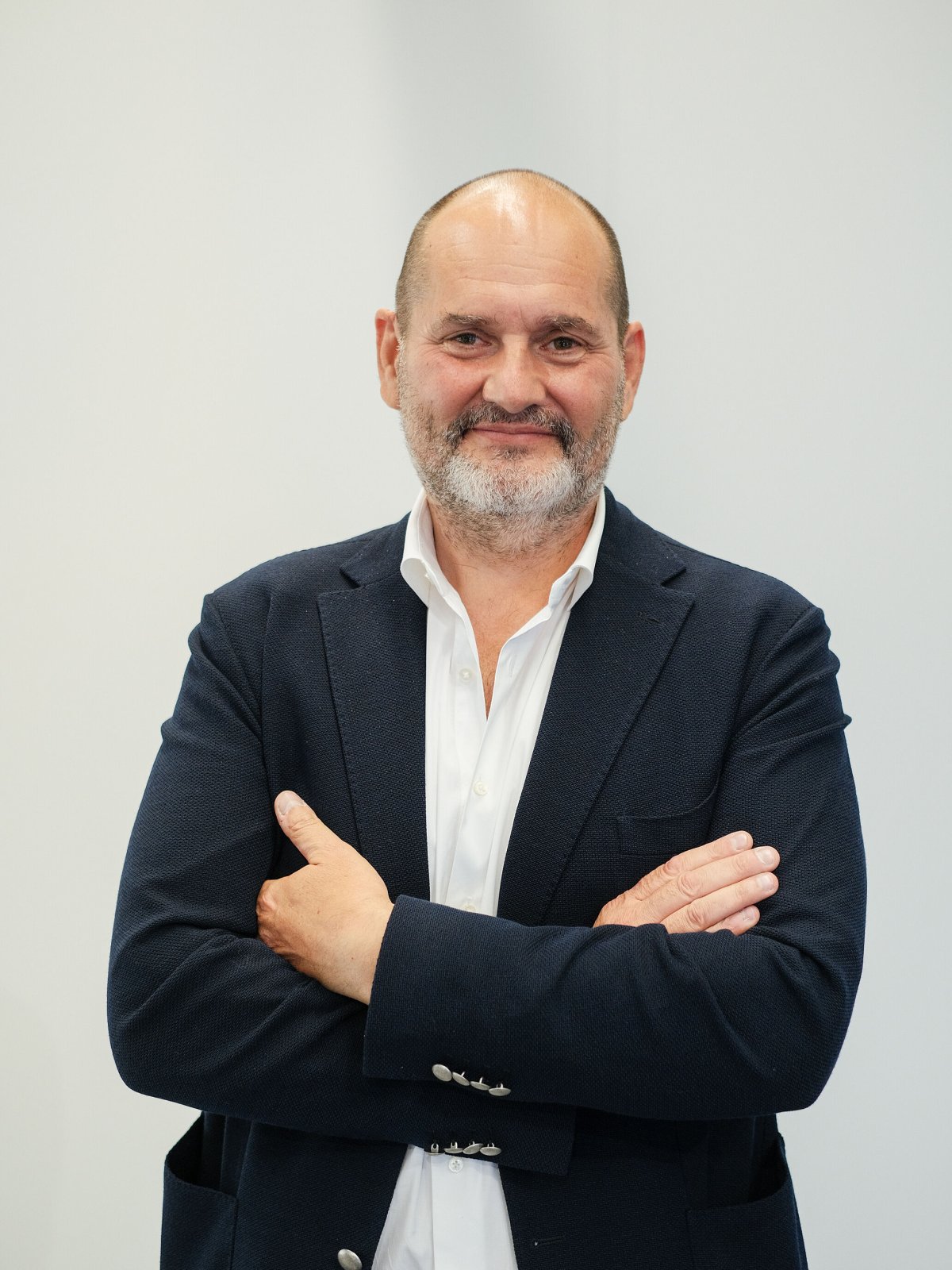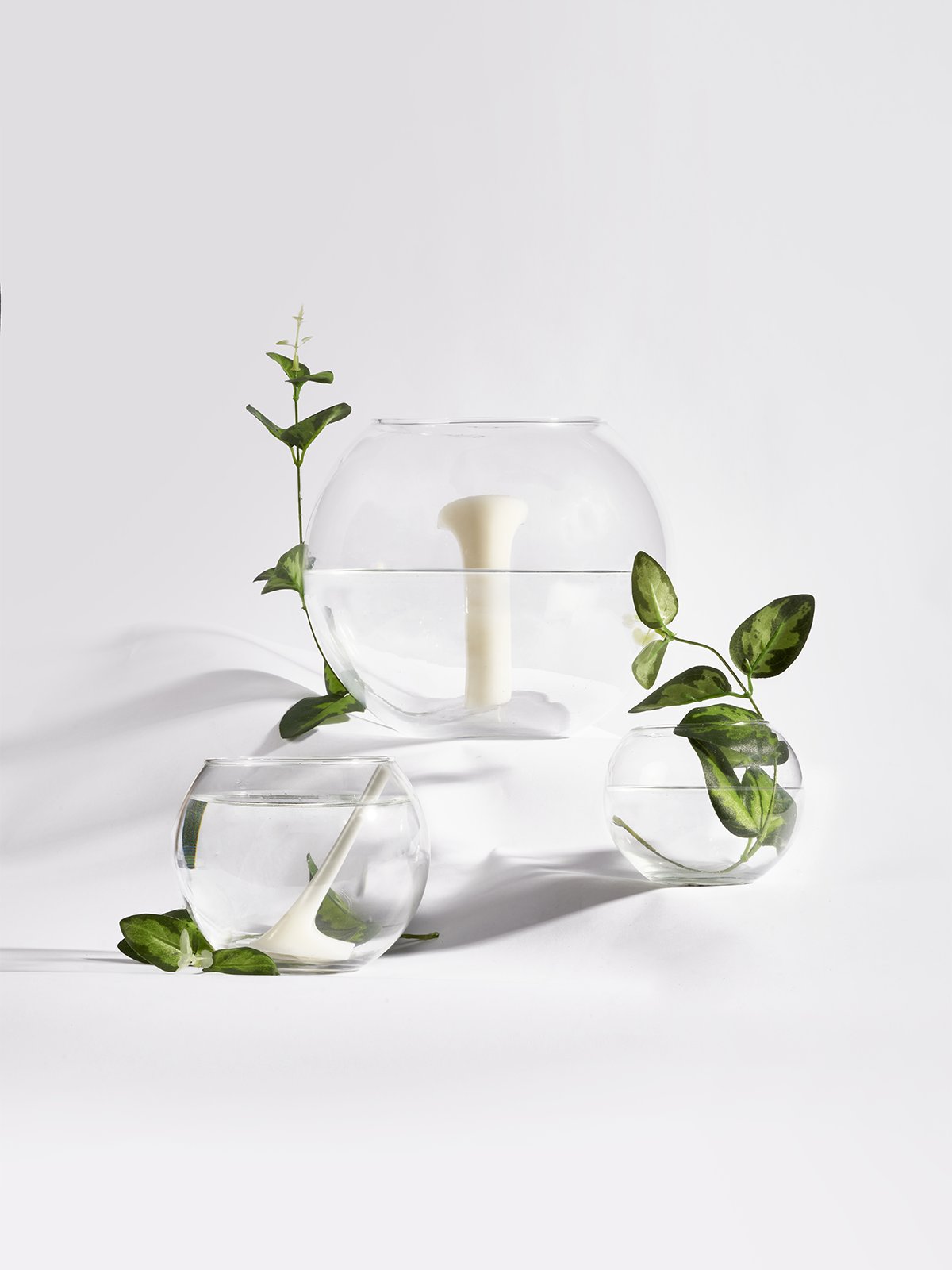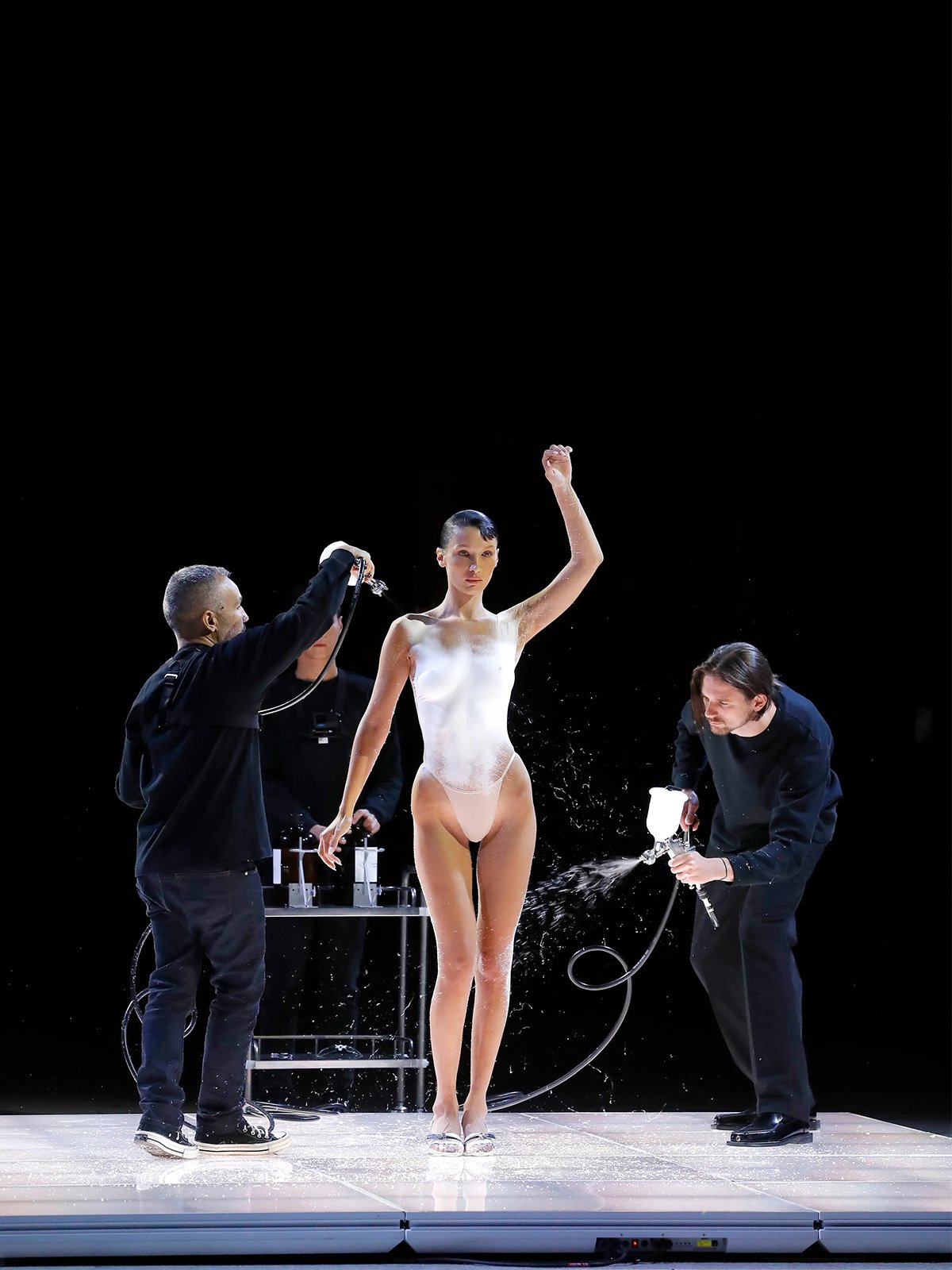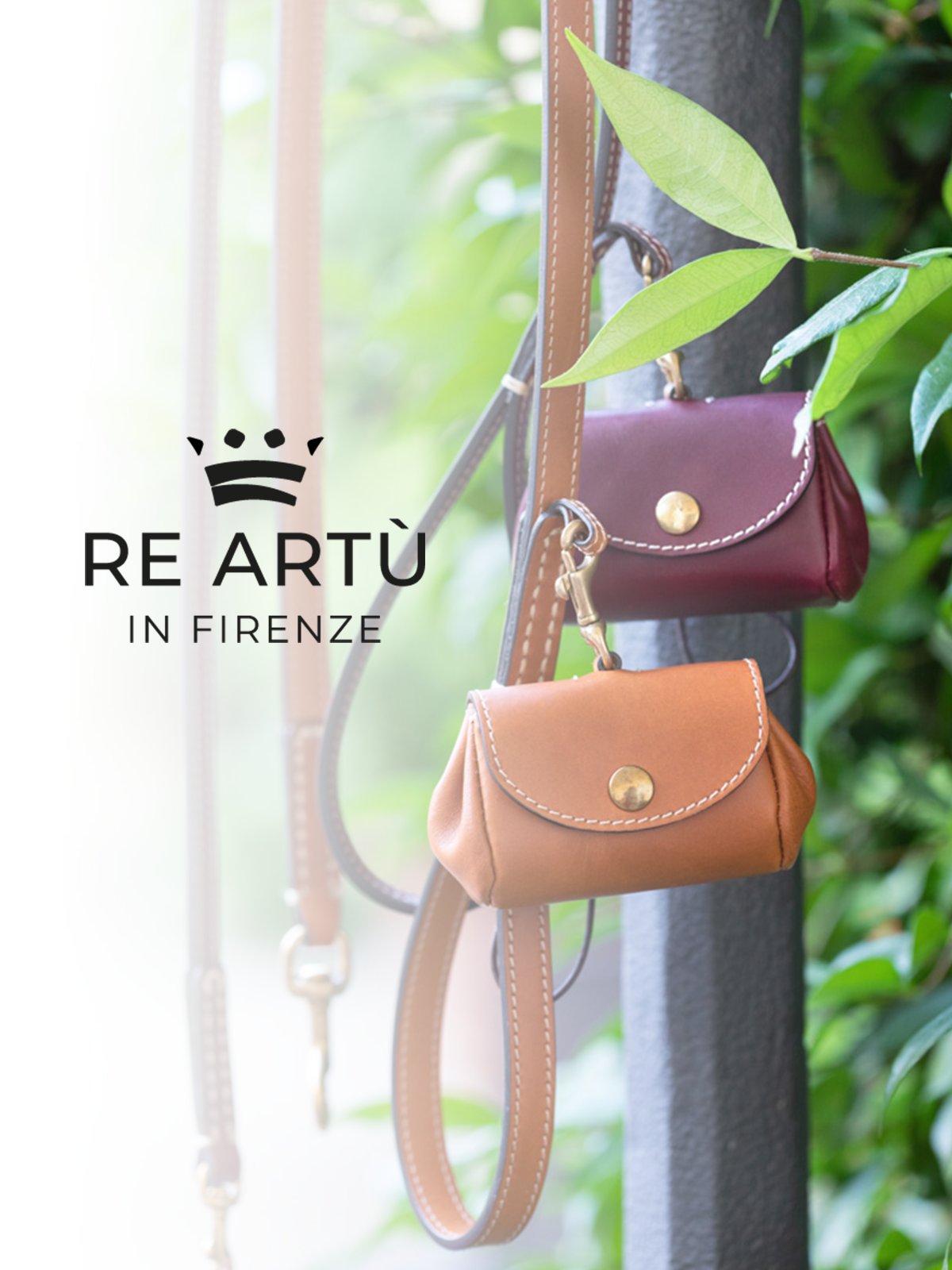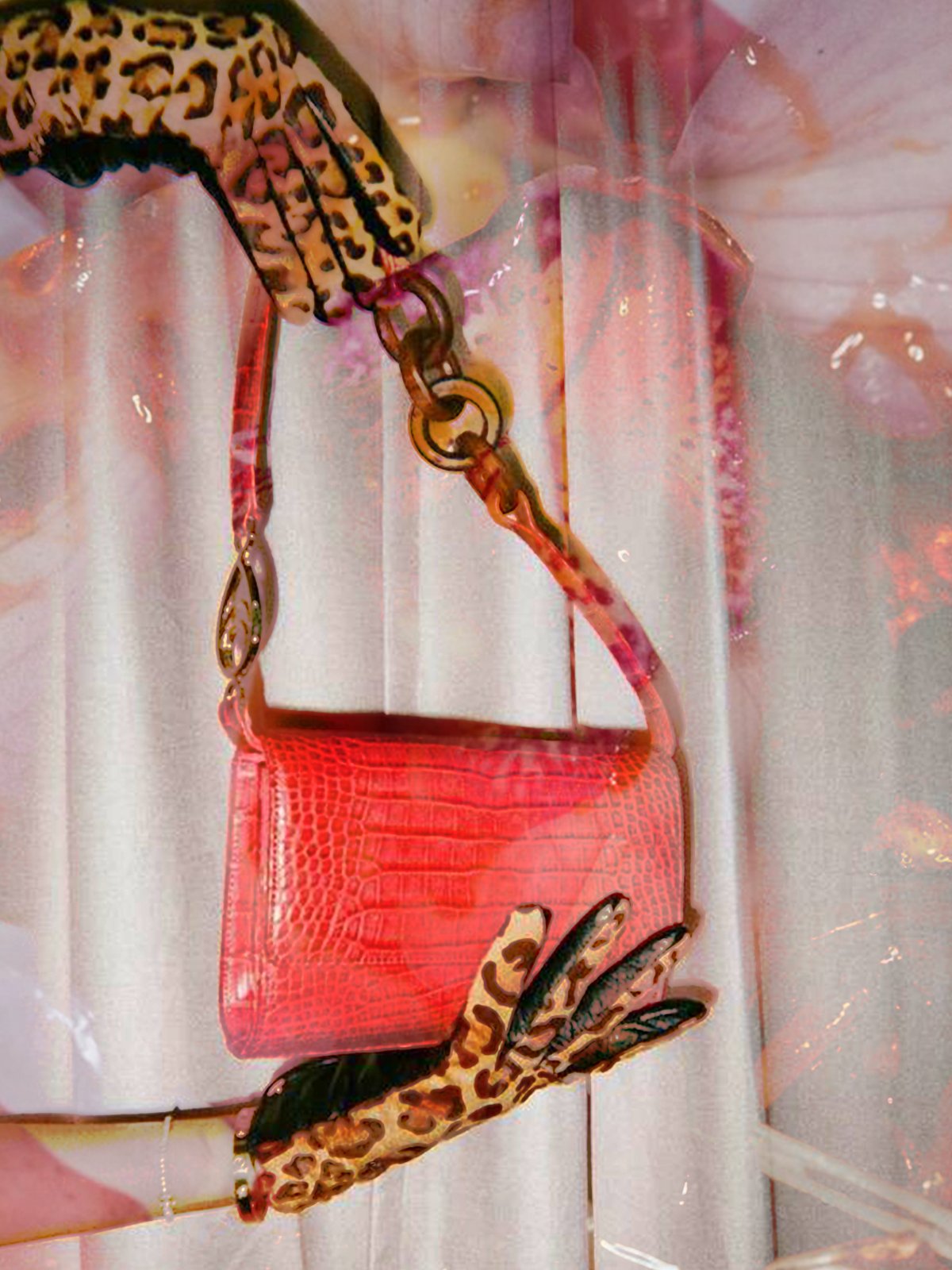News
A leather entrepreneur's perspective: Andrea Calistri of Sapaf
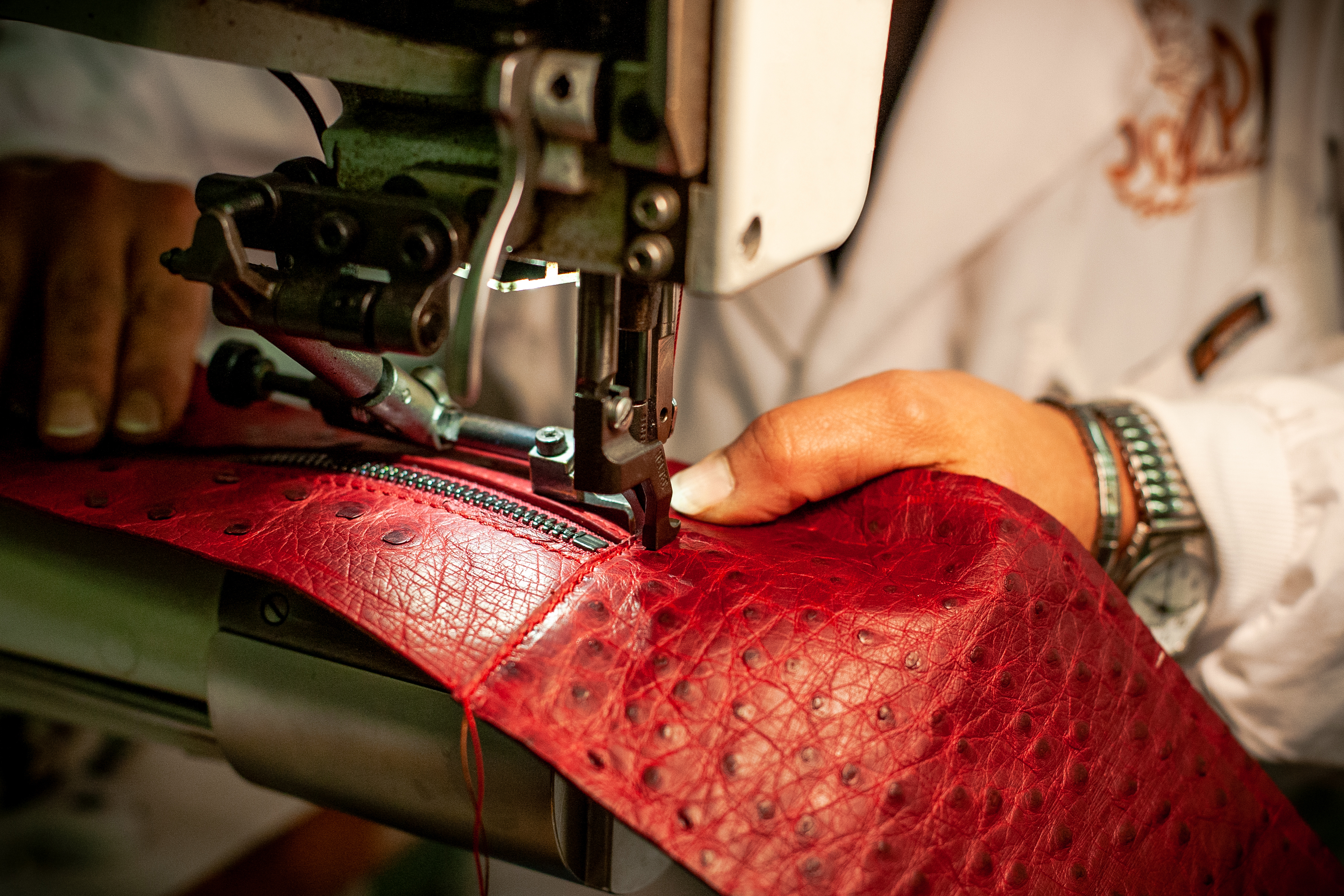
"Italy is a country founded on craftsmanship": from the basic values of the fashion supply chain we start to tell the point of view of a "historical" leather entrepreneur like Andrea Calistri, owner of Sapaf Atelier 1954 as well as vice president of Assopellettieri.
What is Sapaf's business philosophy and how do you fit into the fabric of the Italian supply chain?
"I always say that we at Sapaf are a 'great artisan,' if you'll pardon the term, one with 70 years of experience and an excellent reputation in the industry. Our feather in our cap is that we can provide a complete service within the company, from the style office to logistics, everything is followed with painstaking precision. We have never taken the big step of choosing to become a piece of a big supply chain, because philosophically that is not our goal. Independently, we have carved out a market for ourselves, despite the difficulties and obstacles. Made in Italy is an excellence to be preserved, which is why we believe it is basic to value the craftsmanship, culture and wisdom that artisans hand down. This is true luxury."
What is your experience with generational turnover and training, a much-debated issue at the moment?
"Ours is positive. In recent years, we are experiencing a major generational transition in the company, between apprentices starting and artisans retiring, but I am confident that this phase will also be great for the renewal of the company in the long run. We are fortunate to be embedded territorially (Scandicci and Florence) close to academies and technical institutes in the leather sector, with whom we collaborate and to whom we offer internships and in-company training. Summing up a speech that could be much longer, I absolutely disagree with those who say that young people do not want to work. Young people are the real resource of Made in Italy. We are creating top-notch products with the new recruits in our company, so the expert artisan/young apprentice pairing is obviously working, otherwise we would not be able to maintain the sublime quality of our bags, wouldn't we?"
As a leather company, are you already feeling the effects of rising energy and raw material costs?
"Not at the moment. In my opinion, the whole issue will have a weight that we will check in June 2023 because right now the product lists have already come out and we already have the orders in house until January/February. So it will only be then, with the opening of the winter season and the trade fairs, that we will understand how the market transposes all the increases. And automatically the cost of labor and the cost of labor will also increase. This whole mass of price increases threatens to cut off a piece of the market for us."
Government and the leather sector: what support would be needed and what measures do you think should be implemented to help the labor sector?
"I would like the government once and for all to take a hard look at which industries produce wealth and contribute to the trade balance surplus. Sectors that employ a lot of people like ours, for example, are the ones that most need the tax wedge (and thus be able to raise wages to employees) and need to cut energy costs immediately. So a large part of the NRP will have to be reserved for these basic actions, otherwise we will not get out of the crisis. Clearly, we need to figure out-through the necessary tools-how to choose the kind of companies to support, for example, helping companies that do exports and thus import valuable currency, that employ many employees and thus employ Italian families. Support them through cost cutting once and for all. A winning formula needs to be defined, with a smart tax choice and energy cost cutting by offering real support to those who give jobs. In my opinion, the new government should focus on this."
